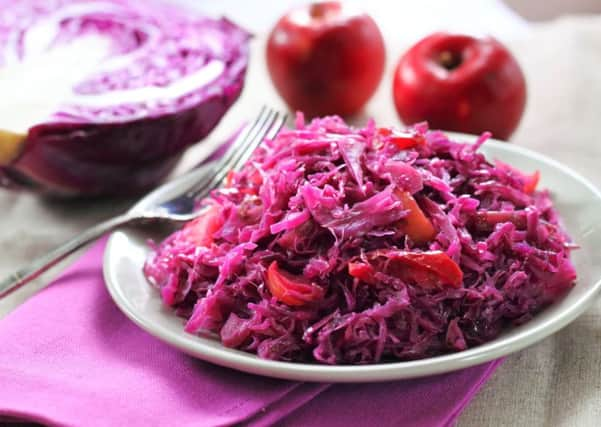Donna Peters column: How to avoid weight gain over the festive season


Many people have grown up associating food with pleasure, and it wouldn’t be Christmas without the traditional tin of chocolates, mince pies, selection boxes, etc., etc. It’s easy to slip into a ‘one more won’t hurt’ mindset – just one of the many reasons you might have piled on the pounds during the festive period in the past.
When working with clients on weight loss programmes, I always like to get clear on what has held them back in the past. These are a few of the things that often come up:
Advertisement
Hide AdAdvertisement
Hide AdPortion control – It’s the festive season so a few extra roasties or chocolates doesn’t matter.
Social life – Extra work lunches and parties mean that you are literally overloaded with temptation, and hangovers add to the urge to eat junk food the next day.
Sedentary lifestyle – Exercise routines get put on the backburner as we swap dumbbells for the remote control.
Mental ‘hall pass’ – Willpower can go out the window. It’s fine to over-indulge as you’ll lose it all when you go on a January diet / detox.
Advertisement
Hide AdAdvertisement
Hide AdAs a qualified nutritional therapist, I work with clients to take control of their relationship with food and plan how to get through times when over-indulgence might feel hard to resist. Here are my top tips for how to avoid gaining weight over Christmas and New Year, and still have fun:
1 Set a Goal – It’s unrealistic to try and avoid all temptation, but by setting a specific goal – say, limiting yourself to one treat a day, or scheduling in a quick workout once or twice a week to offset your increased calorie intake – will help you stay on track.
2 Plan Ahead – If you know you’re going somewhere you won’t be able to eat the right foods, take some nutritious snacks with you. Fill up on some protein-rich ham or leftover turkey, or keep sugar cravings at bay with a healthy snack before you go.
3 Portion Control – Eating from a smaller dish causes you to eat less. If you transfer food from a 12-inch plate to a 9-inch plate, it looks like more food and you, therefore, feel more satisfied.
Advertisement
Hide AdAdvertisement
Hide Ad4 Avoid Excess – Festive excess can lead to hangovers, and hangovers often lead to poor food choices, especially a tendency to seek out sugar and starchy carbs. The effect can last for a few days, sabotaging efforts to get back to a healthy diet afterwards.
5 Out of Sight – With food directly in front of you, it’s easy to overindulge. Once it’s removed, you realise you aren’t even hungry – you were just eating because it was there.
6 Don’t Forget your Veggies – Veggies don’t need to be doused in oil and roasted to within an inch of their lives to taste good. One of my favourite festive side dishes are thinly sliced Brussels sprouts, which I flash-fry with garlic, pine nuts and a dash of white wine. Slow-cooked red cabbage and apple is another fantastic way to get some much-needed nutrients.
7 Eat Slowly – It takes around 20 minutes for your body to tell your brain that you’re full. Slowing down and chewing thoroughly gives you time to recognise and assess how hungry you really are.
Advertisement
Hide AdAdvertisement
Hide AdIf you’re resigned to Christmas weight gain and are promising yourself you’ll do something about it in the New Year, why not make a commitment to your future self by booking a free call with me to see what the options are.